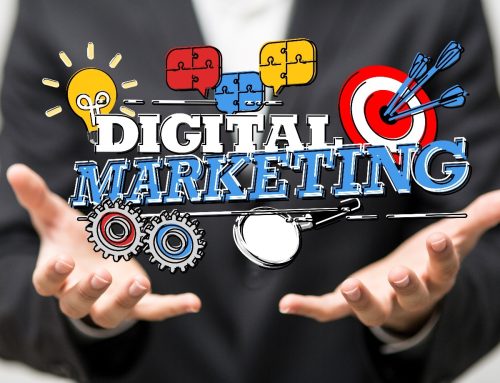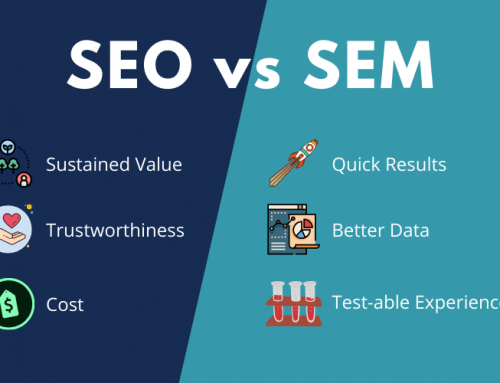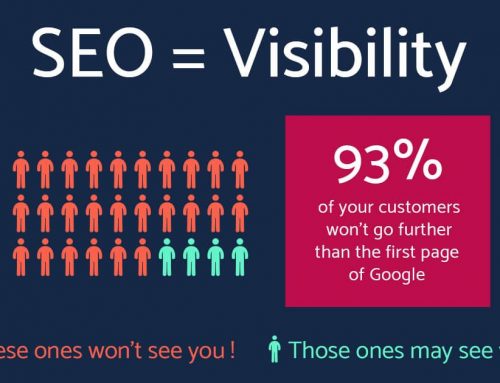If you wanted to create a marketing agency 25+ years ago, the barrier to entry was colossal. With a primitive digital landscape, the overhead to create such an operation was daunting, and nearly impossible without initial investment. On top of the startup costs, you were limited to physical and traditional media and the headaches associated with all but fabricating something that resembled ROI for your clients. Being “in the red” for a very, very long time was inevitable.
Times have changed.
It’s not impossible to think that a skilled individual or small team could create a fully operational marketing agency from scratch within a few months (with a little help, of course).
Companies are spending more of their marketing budgets on digital advertising than ever before, and everyone wants a piece of the action. In this guide, I will walk you through the five steps you need to follow if you want to build an online marketing agency from the ground up (trust me, I’ve been there).
Starting Your Own Digital Marketing Agency
#1: Develop the Necessary Skills
If you’re a narcissistic Gen Z’er with grandiose visions of becoming Neil Patel right after you accept your diploma, chances are you’re going to fail miserably.
You can be as creative and intelligent as anyone in the game, but if you’re not prepared and experienced enough to deal with the many nuances of managing accounts and client relationships, you’ll be looking for another gig real quick. It may take years for some to build the skills necessary, it may take others less. Regardless, I believe you need to actually hold down a real job for some time before you venture out on your own.
Work environments are a lot more complex than we realize while we’re grinding within them. Above the actual work you produce there’s a multitude of expectations, verbal and nonverbal communication gymnastics, and politics. Everything from how the organization is structured to its culture, product, and leadership play a part in how your day to day (and career) unfolds.
Prior to mastering your digital marketing skills, you need to experience what it’s like to work where your clients may work. This will inevitably make you a more understanding and well-rounded professional. When your clients are stressed out and possibly projecting that on you, you aren’t going to take it personally.
Get more help growing your agency with our free guide: 11 Ways to Gain & Retain More Clients
That being said, it’s important to understand that soft skills are only 50% of the final product that is you. You need to get good at what you’re going to be offering as “professional” services.
No matter how slick your sales game is, a client will discover sooner or later that they’ve been sold snake oil. You have to be able to drive results. If you begin your career managing clients for larger agencies, I would encourage you to actually start working on a marketing team or pick up a handful of small clients to learn the channels and skills you’ll execute on.
This involves but is not limited to:
- Building landing pages
- Designing ads
- Constructing messaging and positioning
- Learning systems like Marketo, HubSpot, and Salesforce
- Properly implementing tracking
- Spending hours on a promotion just to watch it fail
- Substantial pressure to produce
The benefit of managing clients is that a lot of these aspects are taken care of before they get to you.. It also helps you deal with the pressure to deliver quality results because you have been there before…many times.
TLDR: Put in the work at a 9-5 before striking out on your own. You can’t sell yourself as a digital marketing expert without being a digital marketing expert.
#2: Be a Contractor Before Becoming a Founder
Having a job that pays and allows you to have brain surgery without a lifetime of debt is a luxury many of us take for granted. Taking the leap of working for yourself has a list of risks so long that it could make for separate blog post.
What mitigates a lot of that risk is actually developing the foundation for a business before making the decision to do it full time. I suggest doing some contracting work on the side for a period while holding down a full-time job for a variety of reasons, chief among them…
It allows you strike out on your own without assuming much risk
You get a taste of the entrepreneurial life when you begin to do side work. From invoicing to having to put aside extra cash for taxes, the small but very important elements of running your own business come into play.
You also have to manage your time wisely if you are going to still have a full-time job. This means working nights and weekends when you would rather be watching Netflix.
Building relationships as a contractor is also valuable in that it may bring you referrals down the line. If you are able to pay your bills as a contractor then making the transition into a one-person agency is going to be a lot easier than starting from scratch.
Another aspect to managing clients as a side gig is that it allows you to become experienced in building contracts.
You’ll have to become accustomed to the process of putting a proposal together, then a contract, and then sign the necessary documentation (NDA’s etc). It’s a part of the game that you’ll want to streamline so that the time spent on onboarding new clients is reduced.
It allows you to build valuable relationships
If you are able to get some side work through mutual connections, former coworkers, or by simply networking yourself, it will give you the experience necessary when it comes to building and maintaining client relationships.
Having to negotiate the cost of your services is another skill that many overlook early on.
Your time and expertise are worth something regardless of how well you know the person on the other end. Building the skill of ascertaining how much you should charge for a specific project or service will become extremely valuable down the line.
#3: Develop the Right Business Model
There are a lot of different ways to set up a digital marketing agency. The services you provide and how you bill for your work become a critical part of how efficiently your business is managed over time.
#4: Define Your Niche
When you’re starting out it’s easy to be seduced by the prospect of working with any business.
The thought of having to turn down anyone can cause anyone a fair amount of cognitive dissonance when their livelihood is on the line. With that being said, there are thousands of digital marketing agencies and consultants out there. Some of them specialize, but many of them don’t.
Unless referrals are flowing like the salmon of Capistrano, you are going to need to stand out and create a unique selling proposition when approaching new prospects.
Aside from the added value of being specialized within an industry or client type, there are countless advantages to focusing your services towards a clearly defined niche. Here are a few of the most notable:










Leave A Comment
You must be logged in to post a comment.